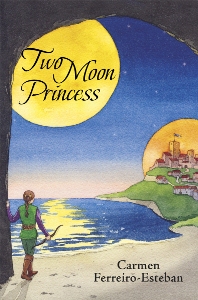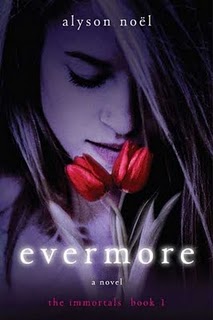This review contains affiliate links, which earn me a small commission when you click and purchase, at no extra cost to you. Thank you for supporting my small business and allowing me to continue providing you a reliable resource for clean book ratings.
Josie De Clare has recently finished high school and is going to start university, though a semester late; she and her boyfriend just broke up, and she is grieving her father’s recent death from cancer. Her mother, divorced from her father years before, isn’t someone she can look to for support. So when she finds out that her father had bought an old estate needing renovation in the north of England, Josie decides to go there to check it out. Soon after she arrives at Cadwallader Manor, she finds a cache of old letters written to a young woman named Josephine, and the more she reads, the more the young man’s descriptions of Josephine sound just like her! And it’s not just letters she finds, but an unfinished novel.
In 1820, Elias Roch is the illegitimate son of a nobleman who stands to inherit his father’s title and property since there were no other children. Although he’s been well-educated and trained to take his father’s place, Elias feels keenly that he doesn’t quite fit in. He feels more comfortable at the more secluded family estate of Cadwallader Manor. He is expected to marry a suitable young woman of good family and name, but he had an extraordinary connection with a young lady named Josephine whom he met once and is trying to find again. In the meantime, he’s writing her letters and even a novel based on himself and his feelings for her.
As the book goes on, it becomes clearer than somehow, Elias and Josie are connected, but how can they possibly be together when they’re separated by 200 years?
Dearest Josephine is written mostly in letter form, as emails or texts from Josie to her friend Faith and from Faith to Josie; as the letters from Elias to Josephine; as other texts interspersed to and from Josie’s mother, her ex, and a young man she’s befriending in the town next to the manor. The remainder is the novel written by Elias, and they’re all mixed up together. The novel and the letters from Elias are the heftiest part of the book; Josie’s emails and texts take up less space in the book and are not as well-written, considering they’re by a modern-day 18-year-old and the words from Elias are created by someone in a past era where missives were given more thought and heft. I’ve found that the method of crafting a novel exclusively through letters is a challenging one; the writer really has to do it well to make it work, and many authors simply don’t. That’s the case here. The story feels choppy and lopsided. It could have used a lot more work with a talented editor to make it flow better.
I could appreciate the “moral of the story” once the book concluded, but it felt tacked on, rather than being a truly natural conclusion of the narrative. And while I have no problem suspending belief for any kind of magical stories or stories that have some element of fantasy, this didn’t work for me because, even within the fantasy, it didn’t make sense. There still has to be some internal logic, and I never found any explanation for Elias somehow having met Josie, while she never met him.
All in all, this one fell flat.
Rated: Mild. There is no profanity; one man’s escapades are very lightly alluded to, and he and a woman are caught in a compromising situation in his bedroom. A character dies in a riding accident.
*I received an ARC of this book in exchange for my honest review.
Click here to purchase your copy of Dearest Josephine on Amazon.




